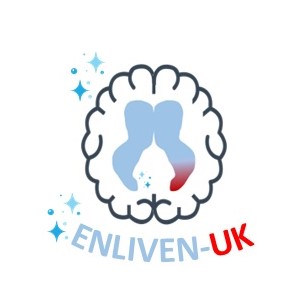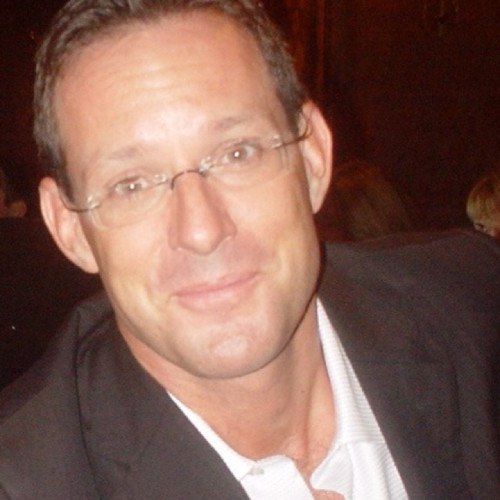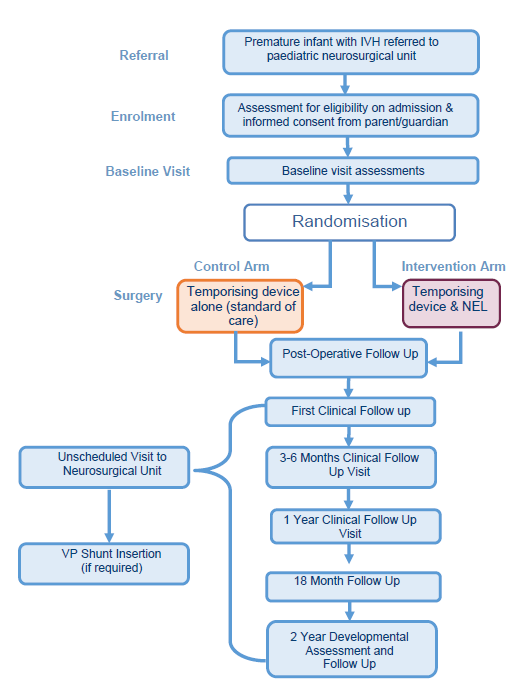
Chief Investigator
Mr Kristian Aquilina FRCS(SN) MD has been surgical lead for neuro-oncology at GOSH since 2012, and is an honorary senior lecturer at the UCL Institute of Child Health. Kristian graduated from the University of Malta in 1995 and completed his neurosurgical training in Bristol in 2009. He completed a one-year clinical fellowship in paediatric neurosurgery, and particularly in paediatric neuro-oncology, at St Jude Children's Research Hospital in Memphis, Tennessee. Kristian was appointed Consultant Neurosurgeon in Bristol in 2010, and Consultant Paediatric Neurosurgeon at GOSH in June 2012.
Kristian's principal research interests include brain tumours in children, particularly in relation to clinical outcomes and imaging, intraventricular haemorrhage in preterm babies, hydrocephalus, and the outcomes of selective dorsal rhizotomy for spasticity in children with cerebral palsy.
Contact using: kristian.aquilina@gosh.nhs.uk




